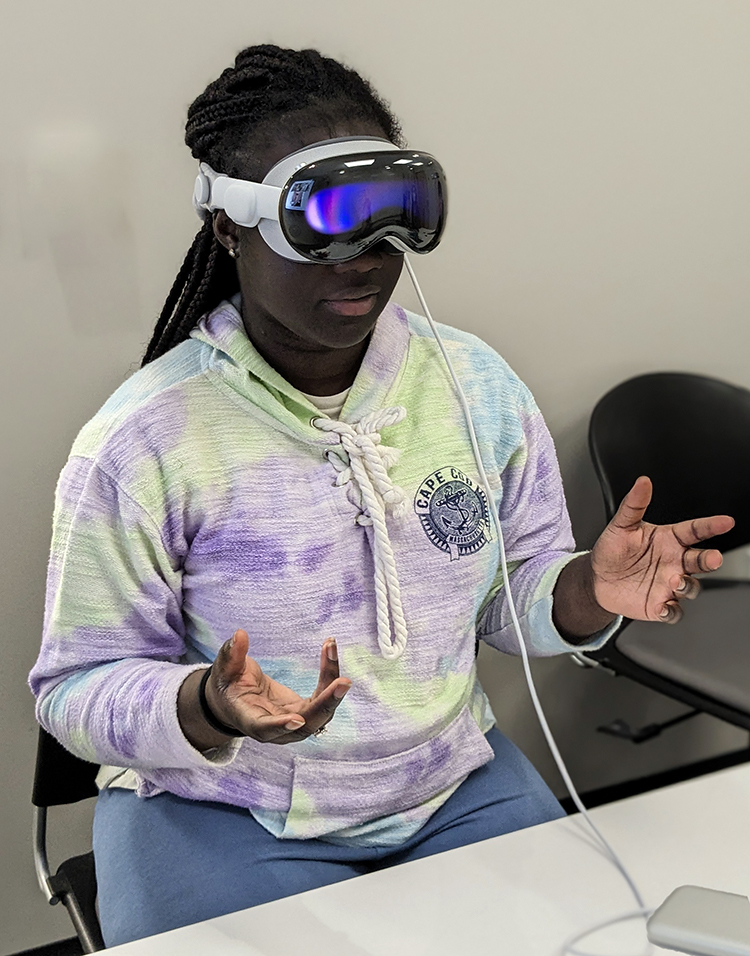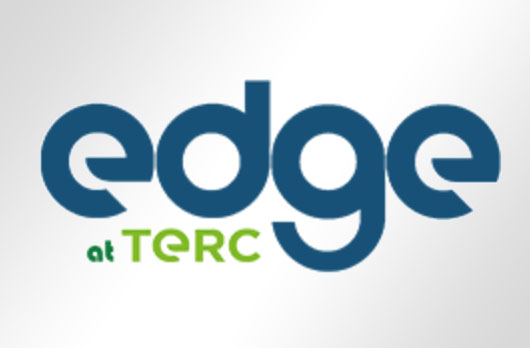Senior Research Scientist

Program/Areas of Interest
- Effective methods of teaching STEM to students with disabilities
- Implicit measures of learning
- Using neurocognitive tools in authentic learning settings
- Game-based learning (GBL) and game-based learning assessments (GBLA)
- Cognitive loads differentially impacting students with disabilities
- AI to support Neurodivergent learners
Biography
For over a decade,��Dr. Dahlstrom-Hakki��has worked on exploring effectives methods of teaching STEM to struggling learners and using neurocognitive tools to study the cognitive underpinnings of Learning. He has served as Principal Investigator on several National Science Foundation Research grants including NSF-RDE (HRD-1128948); NSF-REAL (DRL-1420198) and NSF-REAL (DRL-1417456). Dr. Dahlstrom-Hakki routinely delivers professional development workshops and trainings to secondary and postsecondary educators on topics including: Teaching STEM to students with disabilities, Universal design for Learning, and Teaching with Technology. He has previously served as Director of the Landmark College Institute for Research and Training and maintains an affiliation with that campus. Dr. Dahlstrom-Hakki earned his Ph.D. in Cognitive Psychology from the University of Massachusetts Amherst and has taught both graduate and undergraduate courses at a number of campuses including Landmark College, the University of Massachusetts Amherst, Mount Holyoke College, SIT Graduate Institute, and Holyoke Community College.
Education
- Ph.D. in Cognitive Psychology, University of Massachusetts Amherst, 2008 – Dissertation: “Investigating the Role of Stimulus and Goal Driven Factors in the Guidance of Eye Movements.”
- Graduate Certificate of Cognitive Science, University of Massachusetts Amherst, 2008
- M.S. in Cognitive Psychology, University of Massachusetts Amherst, 2004
- B.A. in Psychology/Minor in Mathematics, University of Oklahoma, 1998
Associations
- International Mind, Brain, Education Society (IMBES)
- International Dyslexia Association (IDA)
- National Center for Learning Disabilities (NCLD)
- Learning Disabilities Association of America (LDA)
Highlighted Publications
Dahlstrom-Hakki, I., Rowe, E., Asbell-Clarke, J., & Almeda, M. (2024). Exploring the Viability of Using Eye Tracking to Detect Neurodivergent Learners’ Implicit Learning in a Physics Game.��Computer-Based Learning in Context,��6(1), 24–40.
Asbell-Clarke, J., Dahlstrom-Hakki, I., Voiklis, J., Attaway, B., Barchas-Lichtenstein, J., Edwards, T., Bardar, E., Robillard, T., Paulson, K., Grover, S., Israel, M., Ke, F., Weintrop, D. (2024). Including neurodiversity in computational thinking. Frontiers in Education, 9:1358492. Available from:�����ٰ���:10.3389/�ڱ��ܳ�.2024.1358492
Ke, F., Liu, R., Sokolikj, Z., Dahlstrom-Hakki, I., Israel, M. (2024). Using eye-tracking in education: review of empirical research and technology. Education Tech Research Dev.��
Dahlstrom-Hakki, I., Alstad, Z., Asbell-Clarke, J., & Edwards, T. (2024). The impact of visual and auditory distractions on the performance of neurodiverse students in virtual reality (VR) environments. Virtual Reality,��28(29).��
Dahlstrom-Hakki, I., & Wallace, M. L. (2022). Teaching Statistics to Struggling Students: Lessons Learned from Students with LD, ADHD, and Autism, Journal of Statistics and Data Science Education, 30:2, 127-137, DOI: 10.1080/26939169.2022.2082601
Dahlstrom-Hakki, I., Alstad, Z., & Banerjee, M. (2020). Comparing synchronous and asynchronous online discussions for students with disabilities: The impact of social presence.��Computers & Education,��150, 103842.
Dahlstrom-Hakki, I., & Alstad, Z. (2019). Challenges in Assessing the Conceptual Understanding of Students with Disabilities in Statistics. Learning Disabilities Quarterly. doi.org/10.1177/0731948718817222
Dahlstrom-Hakki, I., Asbell-Clarke, J., & Rowe, E. (2018). Showing is Knowing: The Potential and Challenges of Using Neurocognitive Measures of Implicit Learning in the Classroom. Special issue of Mind, Brain, and Education. doi.org/10.1111/mbe.12177
DuPaul, G., Dahlstrom-Hakki, I., Gormley, M., Fu, Q., Pinho, T., & Banerjee, M. (2017). College students with ADHD and LD: Effects of support services on academic performance. Learning Disabilities Research & Practice. doi:10.1111/ldrp.12143








